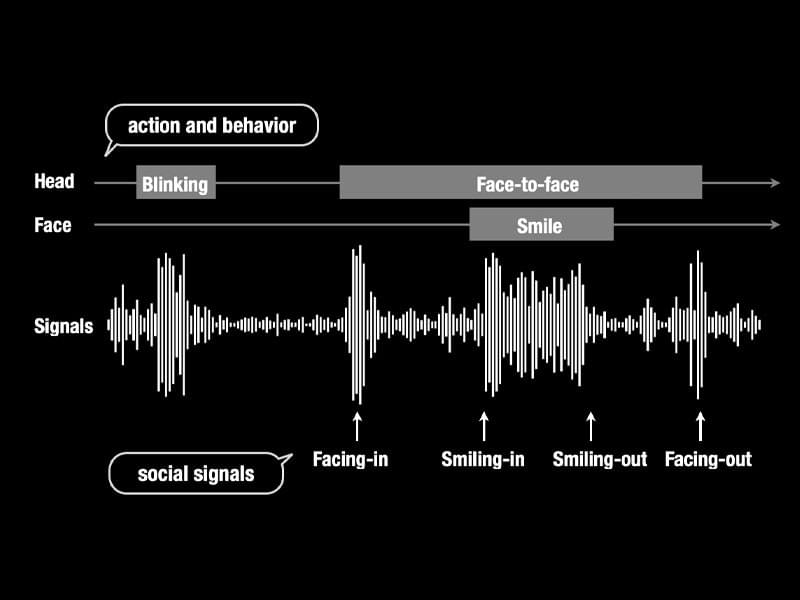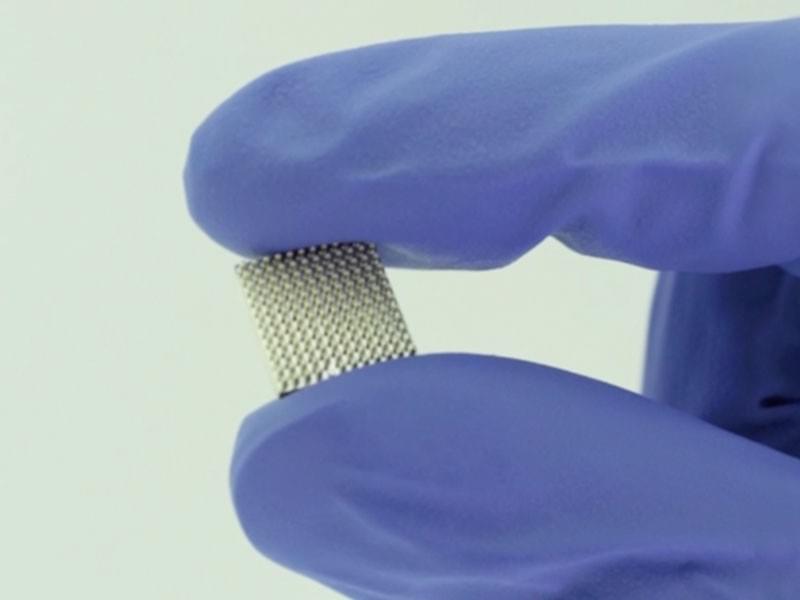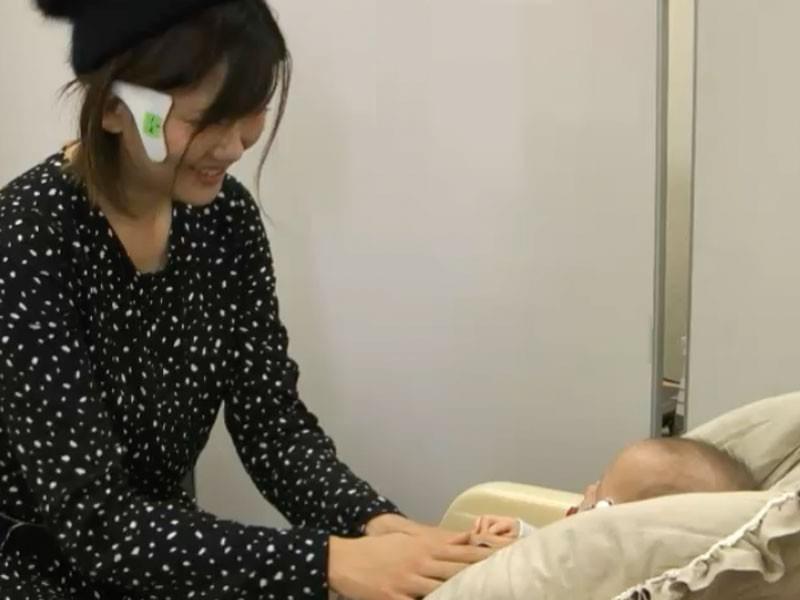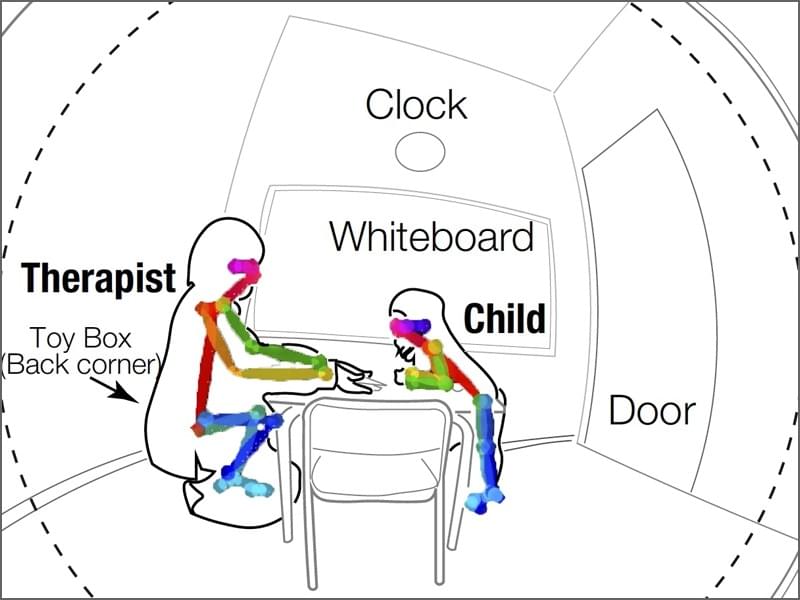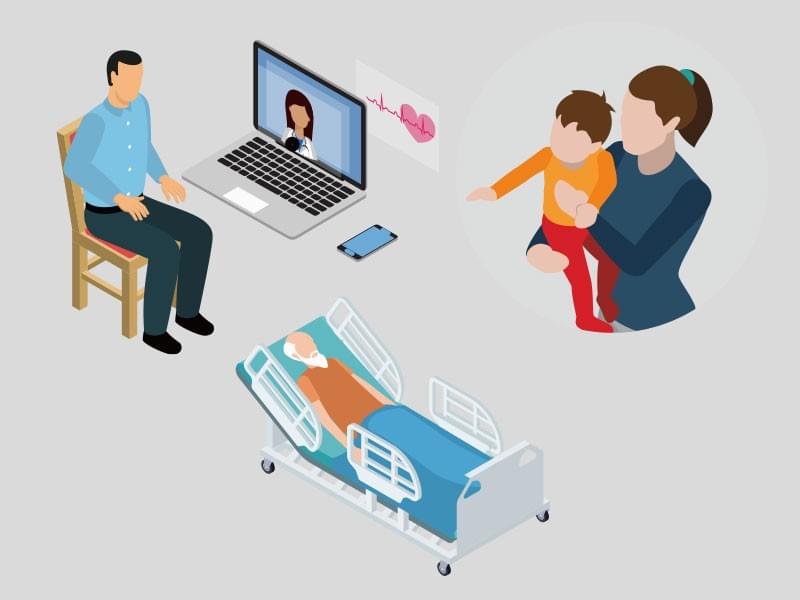

Supporting Empathic Behavior by Sharing and Extending Social Signals
Social signals are regarded as observable behavioral cues in social interaction,
which produce tangible and affective changes in others, intentionally or not.

Japan Science and Technology Agency

Symbiotic Interaction Area
(PI: Kenji Mase)

University of Tsukuba

Keio University
About
1) By using technologies to identify social signals in the wild to support and augment empathic behavioral responses
2) Based on a neural understanding of empathic behavior, to develop Empathic AI with a model of behavioral respons

Supporting Empathic Behavior by Sharing and Extending Social Signals
We aim at supporting to augment and convey human intention, to understand others, and to perform empathic behavior based on several approaches of research such as augmented human technology that shares and extends social signals, the understanding of its neural basis, and feasibility study. The social interaction is a model of a series of behavior chains. We challenge to deepen understanding of the information process of social signals and to create a foundation of empathic AI that generates empathic behavioral responses.

Brain Mechanisms to Understand the Empathic Behavior
We aim to elucidate the sympathetic behavior and neural basis that support the interaction regarding social signals by utilizing engineering technology to acquire social signals. Using the methods of clinical neuroscience, we aim to elucidate mechanisms including relationships between behavioral, physiological, and brain indicators through the simultaneous acquisition of behavioral indicators such as facial expressions, head posture, and body movements, physiological indicators such as muscle activity and pulse rate associated with facial expressions and blinking, and brain function indicators during interaction between two (or more) people.
Mission

Identifying Emphatic Behavior by Social Signals
Augmented Human by using Cyborg and Wearable Technology

Neural Understanding of Social Signals
Developing Empathic AI for Supporting Empathic Behavior

Feasibility Studies and Social Signals
Neurodevelopmental Disorder, Mental Disorder, Physical Disabilities
Projects
 Understanding the Computational Process of Social Signals
Understanding the Computational Process of Social Signals Technology for sharing and extending social signals
Technology for sharing and extending social signals Validation in clinical and feasibility studies
Validation in clinical and feasibility studies Empathic Behavior and Neural Basis Underlying Interaction
Empathic Behavior and Neural Basis Underlying Interaction Validation in clinical and feasibility studies
Validation in clinical and feasibility studies Validation in clinical and feasibility studies
Validation in clinical and feasibility studies Behavior understanding and response by empathic AI
Behavior understanding and response by empathic AI Development of Mixed Reality Device (Digitarium)
Development of Mixed Reality Device (Digitarium) Validation in clinical and feasibility studies
Validation in clinical and feasibility studies Validation in clinical and feasibility studies
Validation in clinical and feasibility studies


Principal Investigator
Kenji Suzuki
AI & Robotics
Project Researchers (U Tsukuba)
Masakazu Hirokawa, Ph.D.
Soichiro Matsuda, , Ph.D.
Taku Hachisu, Ph.D. EngShiro Kumano, Ph.D. *
Eleuda Nunez, Ph.D.
Christina Andrea, Ph.D.
Mika Oki, Ph.D.* NTT Communication Science Laboratories

Co-Principal Investigator
Yasuyo Minagawa
Psychology & Neuroscience
Project Researchers (Keio U)
Junichi Yamamoto, Ph.D.
Norihisa Miki, Ph.D.
Eiichi Hoshino, Ph.D. (KGRI*)
Satoshi Morimoto, Ph.D. (KGRI*)
Chiho Iwatani, Ph.D. (KGRI*)
Yoko Hakuno, Ph.D. (KGRI*)
Eriko Yamamoto, Ph.D. (Sagami Women's University)* Global Research Institute

About
Projects
Teams
Publications
English
© 2019-2025 JST CREST Social Signals, University of Tsukuba & Keio University. All rights reserved.










